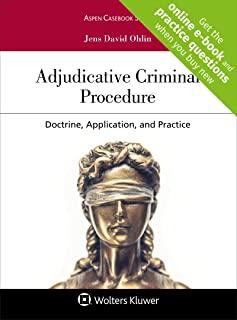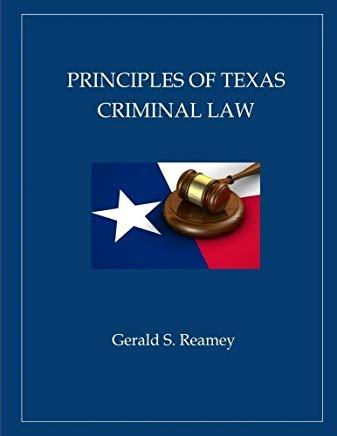
Ohlin, Jens David
Adjudicative Criminal Procedure: Doctrine, Application, and Practice by Jens David Ohlin is designed to respond to the changing nature of teaching law by offering a flexible approach with an emphasis on application. Each chapter focuses on Supreme Court cases that articulate the constitutional requirements, while call-out boxes outline statutes or state constitutional law provisions that impose more stringent rules. Short problem cases, also in boxes, ask students to apply these principles to new fact patterns. Each chapter ends with a Practice and Policy section that delves deeper into the conceptual and practical obstacles to the realization of procedural rights in the daily practice of criminal law. The result is a modular format, presented in a lively visual style, which recognizes and supports the diverse pedagogical approaches by today's leading criminal procedure professors.
Professors and students will benefit from:
-
A mixture of classic and new Supreme Court cases on criminal procedure
-
Call-out boxes that outline statutory requirements
-
Call-out boxes that focus on more demanding state law rules
-
Problem cases that require students to apply the law to new facts
-
A Practice and Policy section which allows a deeper investigation of doctrinal and policy controversies, but whose placement at the end of each chapter maximizes instructors' freedom to focus on the materials that most interest them
-
Notes and questions, inviting closer examination of doctrine and generate class discussion
-
Innovative pedagogy, emphasizing application of law to facts (while still retaining enough flexibility so as to be useful for a variety of professors with different teaching styles)
-
Logical organization and manageable length
-
Open, two-color design with appealing visual elements (including carefully-selected photographs)







